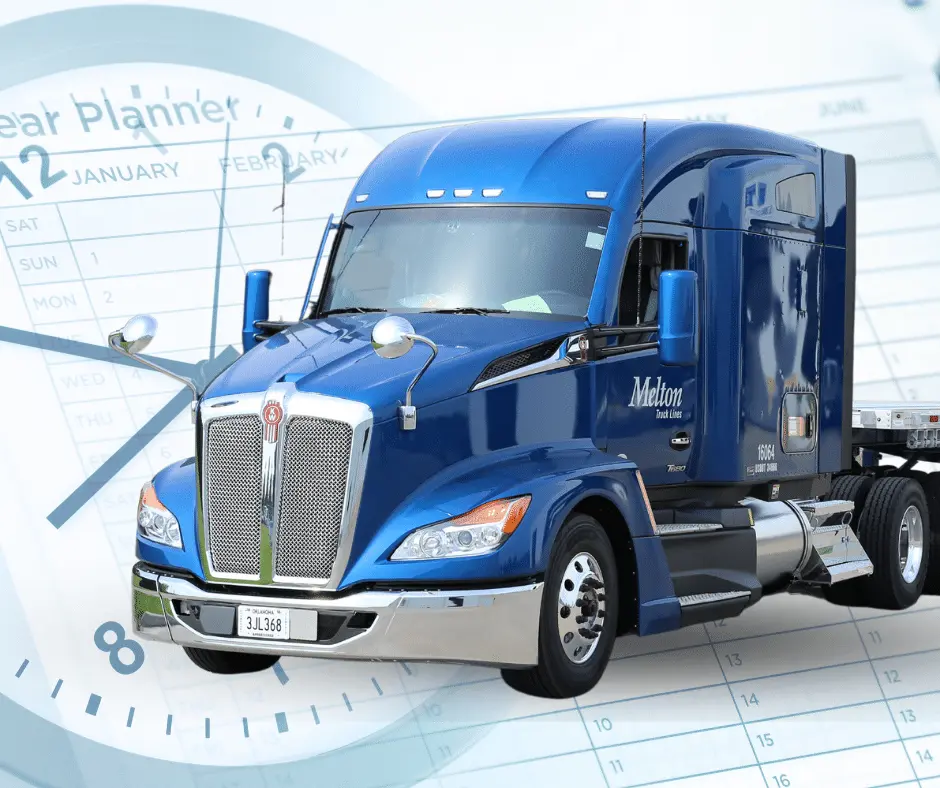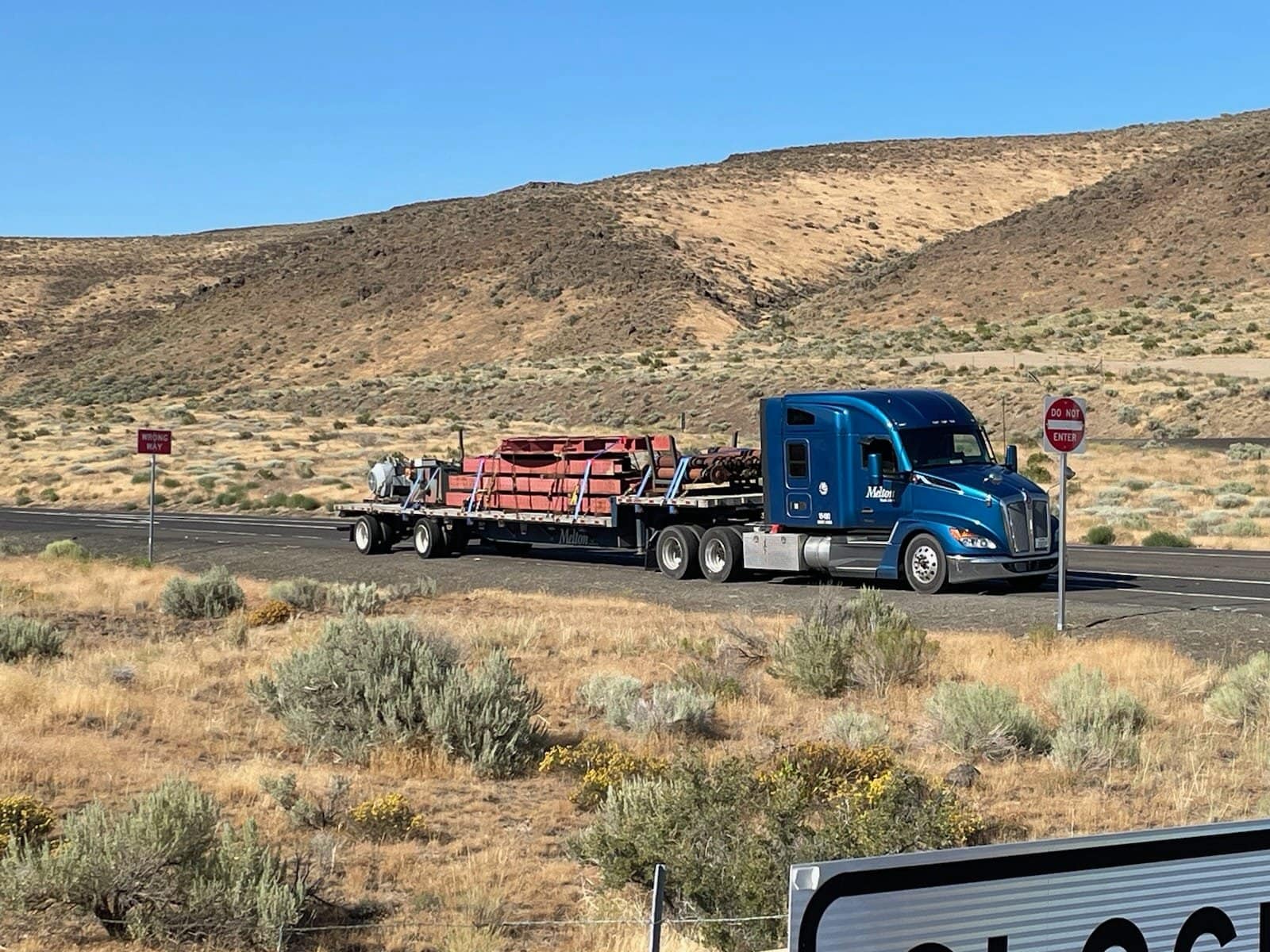
Top 5 Time Management Tips for Truckers
In a career as solitary as truck driving, you won’t have someone to tell you when to work, when to stop, and when to rest for the night. You’re trusted to schedule and keep track of your own hours, as long as you’re within the industry-wide DOT hours-of-service regulations of 14 hours on with 11 hours maximum behind the wheel, followed by a 10-hour rest period. This flexibility can either be a blessing or a curse, depending on your personal time management skills. The most successful truckers have mastered personal time management and have found a routine that works for them. Whether you’re a new driver or just looking to brush up on your time management skills, we found the five best time management tips to follow so you can make the most of your 24 hours.
1. Make Time to Plan Your Day
Having a plan and sticking to it is the best way to make sure you don’t find yourself running behind. Take some time before you start driving to decide how many miles you can realistically travel in a day, good places to stop along the way, and where you’re parking at the end of the day (have a few options ready – parking can be tricky depending on where you’re stopping). Also, be aware of any weather conditions, construction, or potential traffic that could slow you down. Apps like Waze can alert you of real-time traffic conditions and accident reports, so you can be prepared for them ahead of time.
2. Stock Up Before Your Drive
If you’re looking to save some time and make your life easier, keep a good supply of food, water, and other essentials on your truck that you otherwise would have to stop for. By having these ready to go, you can avoid any unnecessary restaurant or convenience store runs. Many trucks even come with refrigerators and freezers so you can have full meals from the comfort of your truck – check out our trucking equipment page here to see how our trucks can accommodate you!

3. Give Yourself Extra Time
You should always prepare for an unexpected slowdown. Even if you’ve studied your route, there’s always a chance you’ll run into a traffic jam or have to make an impromptu stop. Be sure to allot some extra time in your day for situations like these so you can avoid running behind.
4. Do Proper Pre- and Post-Trip Inspections
The best way to prevent emergency maintenance is to catch it before it becomes an emergency. Make sure you’re conducting careful inspections of your truck each morning and evening to confirm there’s no potential maintenance issues that need to be addressed. If you do find something, don’t wait until the last minute to get it fixed– the last thing any driver wants is to be stranded with a broken-down truck!
5. Get the Rest You Need
Even if you’re pushing to make a delivery date, proper rest needs to come before anything else. Driving drowsy is extremely unsafe and managing your break time to achieve sufficient sleep is critical. A well-rested driver is much more productive than a tired one! At Melton, you’re the captain of your own ship, so if you need to make a stop, make sure to communicate any route changes with your driver manager. Always remember, safety first!
Working on your time management skills can be extremely beneficial for you in the long run. Some delays can’t be avoided no matter how well you plan, but the goal is to minimize these occurrences so you can be running at your most productive. If you’re curious about life on the road, be sure to read our blog about the day in the life of a truck driver.
